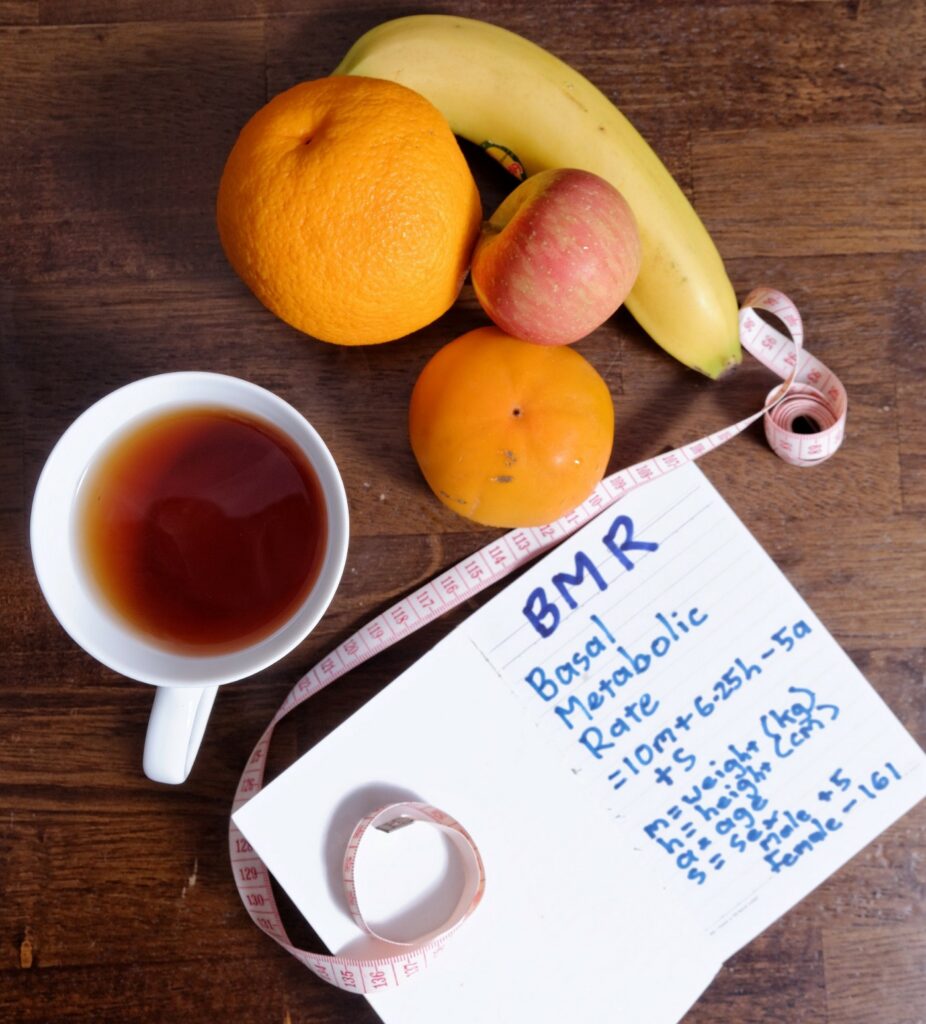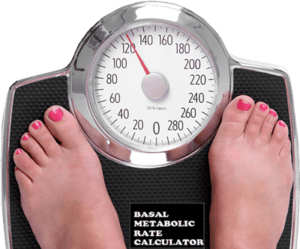When it comes to health, Basal Metabolic Rate never fails to show up. The term that is being used by many nowadays, can tell a lot about your general health. But the problem lies within BMR itself, it is not easy to comprehend BMR and certainly not at all to calculate it. This article will tell all you need to know about BMR, and how it can reflect someone’s health.
Contents
What Is BMR?
Your Basal Metabolic Rate is the number of calories you burn per day at rest. It’s responsible for about 60-70% of the calories you burn each day.
There are a few factors that go into calculating your BMR:
- Your weight
- Your height
- Your age
- Your gender
To give you an idea, a sedentary woman who weighs 140 pounds and is 5 feet 5 inches tall has a Basal Metabolic Rate of around 1,400 calories. And a sedentary man who weighs 190 pounds and is 6 feet 2 inches tall has a BMR of around 2,200 calories. So, as you can see, weight and height play a role in your BMR.
Age and gender also play a role in your Basal Metabolic Rate. As you age, your metabolism slows down and you don’t burn as many calories at rest. And women have a lower BMR than men because they have less muscle mass/lean body mass. Muscle burns more calories than fat, so the more muscle mass you have, the higher your BMR will be. Certain exercises can help increase your BMR, especially resistance training.
Importance Of BMR
Now that you know what Basal Metabolic Rate is, you may be wondering why it matters. Well, knowing your BMR can help you determine how many calories you need to eat each day to maintain your weight or to lose weight. If you want to lose weight, you need to create a calorie deficit by eating fewer calories than your BMR. And if you want to maintain your weight, you need to eat enough calories to match your BMR.
So, if you want to lose weight, you need to find out your Basal Metabolic Rate and then eat 500-1,000 calories less than that per day. And if you want to maintain your weight, you need to find out your BMR and then make sure you’re eating that many calories each day.
How To Calculate BMR?
There are different equations proposed by different people, the most common method is given under:
To calculate your basal metabolic rate, simply use this formula:
For men: 66 + (6.2 x weight in pounds) + (12.7 x height in inches) – (6.76 x age in years)
For women: 655.1 + (4.35 x weight in pounds) + (4.7 x height in inches) – (4.68 x age in years)
Accuracy Of BMR
There are a lot of factors that go into calculating your Basal Metabolic Rate, including your height, weight, age, and gender. However, there is some debate about the accuracy of the Basal Metabolic Rate calculation.
Some experts argue that the BMR calculation does not take into account lean body mass, which can impact the number of calories you burn at rest. Others argue that the BMR calculation is too simplistic and does not take into account different activity levels.
At the end of the day, it’s important to remember that your BMR is just a starting point. It’s not an exact science, and there are a lot of factors that can impact your calorie needs. If you’re trying to lose weight, it’s important to speak with a registered dietitian or certified health coach who can help you create a personalized plan.
Normal Range Of BMR: The average person has a BMR of 1,600 to 2,400 kcal/day. Most people have a BMR that falls within this range. However, there are some people who have a BMR that is outside of this range.
Factors That Can Affect Your Calculation
A person’s BMR can be affected by their age, weight, height, gender, and activity level:
Weight: People who weigh more tend to have a higher Basal Metabolic Rate than those who weigh less. This is because it takes more energy to maintain a larger body. More actions are required by the body, organs work much more than they normally would on a lighter body. Moreover, a person has to carry more weight around thus contributing to more activity. For instance, a pregnant woman’s Basal Metabolic Rate is increased by 5-12% because they have to carry a child.
Height: Taller people tend to have a higher Basal Metabolic Rate than shorter people. This is because taller people have more skeletal muscle mass and need more energy to maintain their height. More the skeletal muscle mass, the more lean mass a person has, which means they would have to burn more calories in order to maintain that lean muscle mass.
Gender: Studies have shown that men have a higher Basal Metabolic Rate than women. This is because men have more muscle mass than women. Muscle tissue burns more calories than fat tissue, so men require more energy to maintain their bodies.
The difference in BMR between genders becomes less pronounced as we age. After the age of 30, our muscle mass begins to decline, and our BMR starts to slow down. So, even though men generally have a higher BMR than women, both genders experience a similar decline in metabolism with age.
Activity level: People who are more active tend to have a higher Basal Metabolic Rate than those who are less active. This is because they burn more calories while they are active and need more energy to fuel their activities. Furthermore, people who tend to exercise have more muscle mass/lean muscle.
How To Use BMR To Build Muscle?
Building muscle requires more calories than maintaining weight, so using your Basal Metabolic Rate to estimate how many calories you need can help ensure you’re eating enough to bulk up. To calculate your calorie needs for muscle-building, multiply your BMR by 1.2-1.7. For example, if your BMR is 1400 calories, you would need to eat between 1680-2380 calories per day to gain muscle mass.
If you’re new to strength training, start with two or three workouts per week and gradually increase as you get stronger. Focus on compound exercises that works multiple muscle groups at once, such as squats, presses, and rows. Add weight gradually – about 5% every two weeks – and give yourself plenty of time to rest between sets (at least 60 seconds).
Conclusion
Your basal metabolic rate is the number of calories you burn at rest. It’s the minimum amount of energy your body needs to keep all its systems functioning, including your heart, lungs, and brain.
When you’re trying to lose weight or even maintain your weight, knowing your Basal Metabolic Rate can be helpful. That’s because it can give you a better idea of how many calories you should be eating each day.
If you’re eating fewer calories than your BMR, you’ll lose weight. If you’re eating more calories than your BMR, you’ll gain weight. And if you’re eating the same number of calories as your BMR, you’ll maintain your weight.
Consider contacting Mantra Care for additional information on weight loss. With the support of our weight loss programs, you can achieve your optimum weight. You can also get in touch with their nutrition experts through our online nutrition counseling, who can guide you through the process and help you achieve your fitness goals. Download our Fitness App to know more about us.





